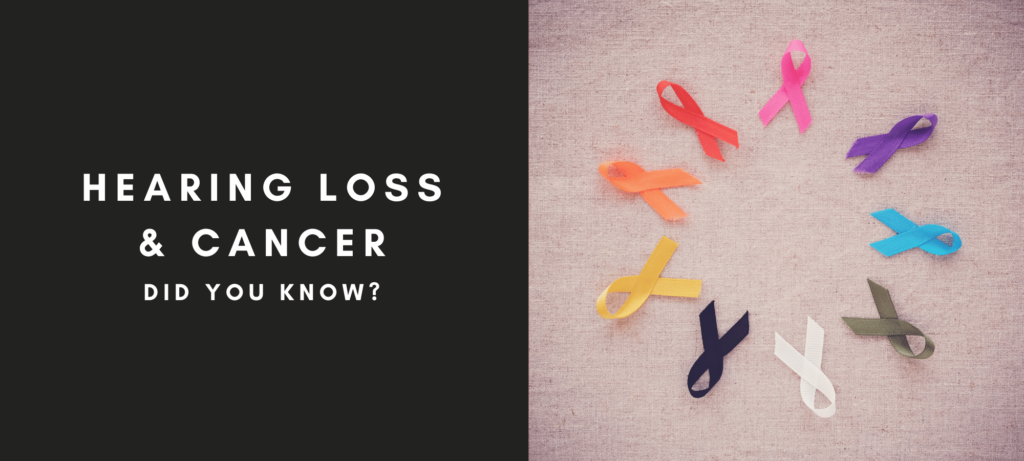October is Breast cancer awareness month, an annual campaign to raise awareness about the impact of breast cancer. Oticon released their lovely ‘Hear in Pink’ MORE hearing aids.

The Comprehensive hearing exam approved by Medicare and most other insurance companies requires audiologists to test the frequencies through air conduction from 250-8000 Hz, speech discrimination, and bone conduction. These frequencies are the most critical for speech and language. The online journal Seaindia states that the human ear is most sensitive between 300 to 3000 Hz. Knowing this, it isn’t surprising that the frequency range of our voice is where our human ear is the most sensitive.
Did you know that some cancer treatment drugs can cause hearing loss and tinnitus? The cancer chemotherapy agents Cisplatin and Carboplatin are highly effective cancer treatments. Still, they are the most toxic to our ears. Cisplatin being the highest rated in the group according to a review article in Cancer Chemotherapy and Pharmacology.
When a patient is receiving an ototoxic drug, we complete a comprehensive hearing test which includes testing the very high-frequency ranges. We test frequencies up to 20,000 Hz. Ototoxic medications affect the frequencies higher than 8000 Hz before they move into the most critical speech frequencies.
Therefore, the hearing testing should be completed before, during, and after medications are administered. When monitoring the hearing, we might see a shift above 9000Hz.
If this happens, it can slowly move into the most critical speech frequencies creating a very noticeable hearing loss. We try to prevent this by monitoring the hearing during treatment. We alert the referring physician, and the MD can change the dosage if it is possible. However, the hearing loss is most likely permanent. In this situation, we can plan for future treatment of the hearing loss.
It’s not always cancer that is causing hearing loss. The medications can have a lingering permanent effect on the ears during treatment and up to one year after. Patients who have had cancer treatment drugs should test their hearing for a year following treatment.
Another important note to those receiving treatment is to refrain from noisy places one year after treatment ends. Noise-induced hearing loss can be a side effect of cancer drugs if exposed to higher noise levels within the first year after treatment.
I’ve listed a few short articles below for those who would like to read more about cancer and hearing loss. In addition, there is a link for ototoxic drugs, and references.
References:
https://seaindia.in/sea-online-journal/human-voice-frequency-range/
Baguley, D.M., Prayuenyong, P. Looking beyond the audiogram in ototoxicity associated with platinum-based chemotherapy. Cancer Chemother Pharmacol 85, 245–250 (2020). https://doi.org/10.1007/s00280-019-04012-z
List of Ototoxic drugs that can cause hearing loss and tinnitus
Articles:
Hearing loss and Chemotherapy drugs
Medications that contribute to hearing loss




